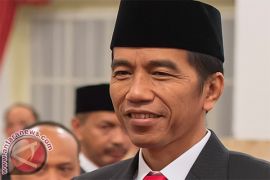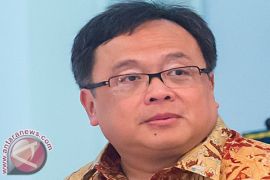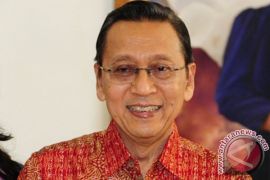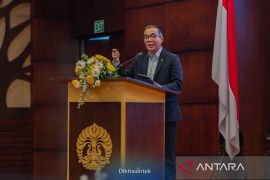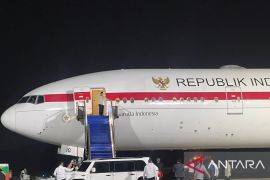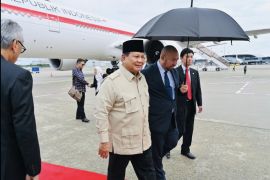The Jakarta Statement was delivered by the Secretary General of the World Islamic Economic Forum Foundation, Tan Sri Ahmad Fuzi Abdul, Razak at the closing session here on Thursday. The event was attended by the Indonesian Minister of Finance Sri Mulyani.
"The 12th World Islamic Economic Forum was held in the wake of global economic challenges, geopolitical uncertainties, financial market turbulences and effects of climate change," he said.
The annual forum, being held since 2005, was themed, "Decentralizing Growth, Empowering Future Business."
Abdul Razak explained some of the challenges faced by the developing countries, namely, growing inequality that continues to defy solutions for inclusive development, centralized development that tends to marginalize large sections of society in many countries, and less effective utilization of young generation potentials.
In addition to push for growing the Islamic finance industry, the Jakarta Statement promotes and supports the development of micro, small and medium enterprises in order to provide job opportunities, ensure income generation and unlock economic opportunities in rural communities.
The development of creative industries and the use of innovative technology for promoting wider social benefits also received the attention of the leaders at the forum.
The World Islamic Economic Forum 2016 was attended by 4,080 participants from 73 countries, including two former leaders, 12 ministers, ten deputy ministers, leading corporate figures, businessmen, young entrepreneurs, academics, artists, and mass media.
A number of participants, both governments and companies, used this forum to sign cooperation agreements in the fields of real estate, medical facilities, halal industry, franchise industry, Islamic finance and capital markets with a total value of US$899,6 million.(*)
Editor: Heru Purwanto
Copyright © ANTARA 2016

